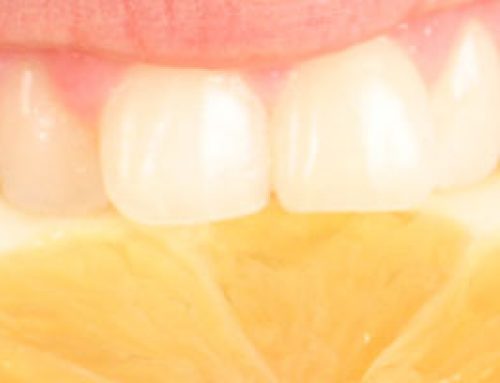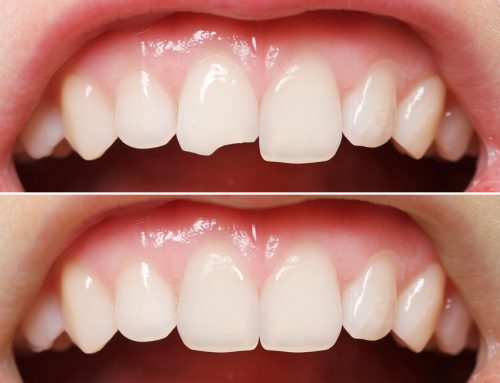Root canal infections can have serious consequences for your oral health. When bacteria gets into the soft pulp inside your tooth, it can cause significant discomfort. In addition, it can increase your risk for tooth loss and infection in the surrounding tissues. Fortunately, there are a number of things you can do to decrease your risk for a root canal infection. Routine hygiene at home and in our office is essential. You should also seek immediate treatment for any dental trauma, as a weakened tooth is more at risk for infection. While it is always best to prevent dental problems, we also offer restorative dentistry treatments to address existing infection and save your smile. To learn more about how you can prevent a root canal infection, contact our Downtown Houston practice today.
What Is a Root Canal Infection?
A root canal infection occurs when bacteria penetrate your tooth, affecting the soft pulp in the center. Nerves and blood vessels travel from this region down through your root canals. As a result, bacteria can spread rapidly through the canals into your gums, nearby teeth, and even your jawbone. Because of the potential for widespread damage, it is important to seek treatment for a root canal infection as soon as possible.
Routine Care Can Reduce Your Risk for Infection
We know dentistry and can help you. The most effective way to prevent root canal infection is to practice good dental hygiene. For lifelong oral health, you should:
- Brush: Brush your teeth at least twice a day. Ideally, you should brush after meals, waiting about half an hour after eating. Use a brush with soft bristles and an ADA-approved fluoride toothpaste.
- Floss: Floss at least once a day. Typically, we recommend doing so before you go to bed. Make a gentle, gliding motion, and never snap the floss against your sensitive gums.
- Use mouthwash: Rinsing with antibacterial mouthwash at least once every day can help eradicate bacteria. This will not only reduce your risk for root canal infection. It can also eliminate bad breath, gum disease, and related concerns.
- Drink water: Water will help remove food particles, starches, and bacteria from your mouth. It is especially important to drink water while eating and to rinse out your mouth when you are done.
- Change your eating habits: A diet heavy in sugar and other starches will form a fertile environment for oral bacteria. Limit your intake of these substances, and avoid high-sugar items like soda and candy.
- Visit the dentist: Only a dentist or hygienist can completely remove plaque and tartar. These substances will keep bacteria in constant contact with your teeth. The microbes will interact with starches to form acids. Then the acids will erode your enamel, eventually giving bacteria access to the middle of your tooth.
Restorative Dentistry Options for Root Canal Infection
Our first goal is to preserve your healthy smile and prevent serious dental issues. Nevertheless, if you do develop a root canal infection, we offer several restorative options. Typically, we will treat dental infection with root canal therapy. During this procedure, your dentist will clean out your tooth and place a custom-designed dental crown. Also known as endodontic treatment, this procedure can also be a good solution if you have a cracked tooth. It is important to have this type of damage treated immediately since cracks will increase your risk for dental infection.
If your tooth is damaged beyond repair, we also offer several methods of tooth replacement. Choices include traditional bridges and dental implants. We will evaluate your budget and health needs to determine the right option for you.
Learn More about How to Protect Your Teeth
To learn more about preventative dentistry or your restorative options, contact our office today.






